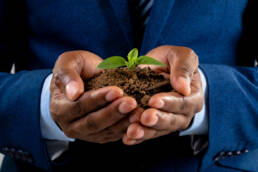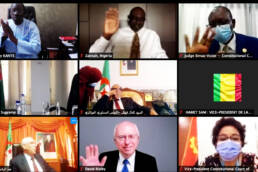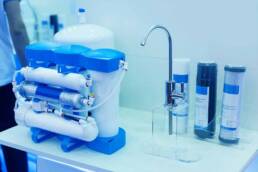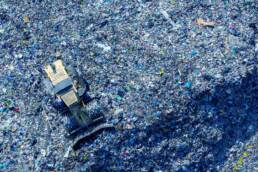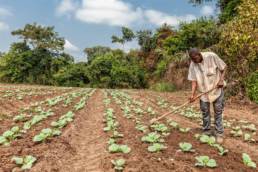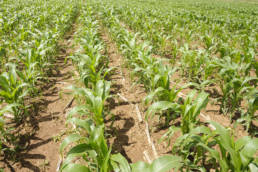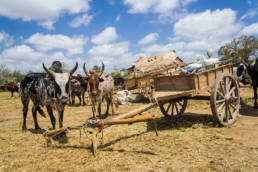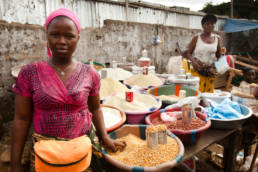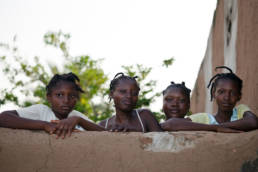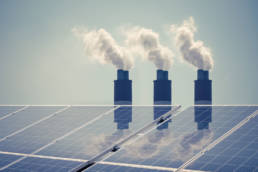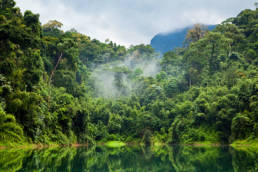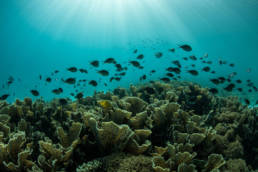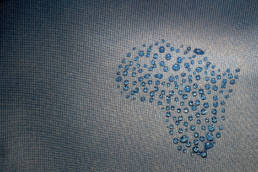Water Sanitation & Hygiene
Assist African countries in improving Quality of Life
The Objective
The purpose of the program is to assist African countries in improving quality of life of citizens through addressing the issues of unsafe water, sanitation and poor hygiene. The project will have following specific objectives:
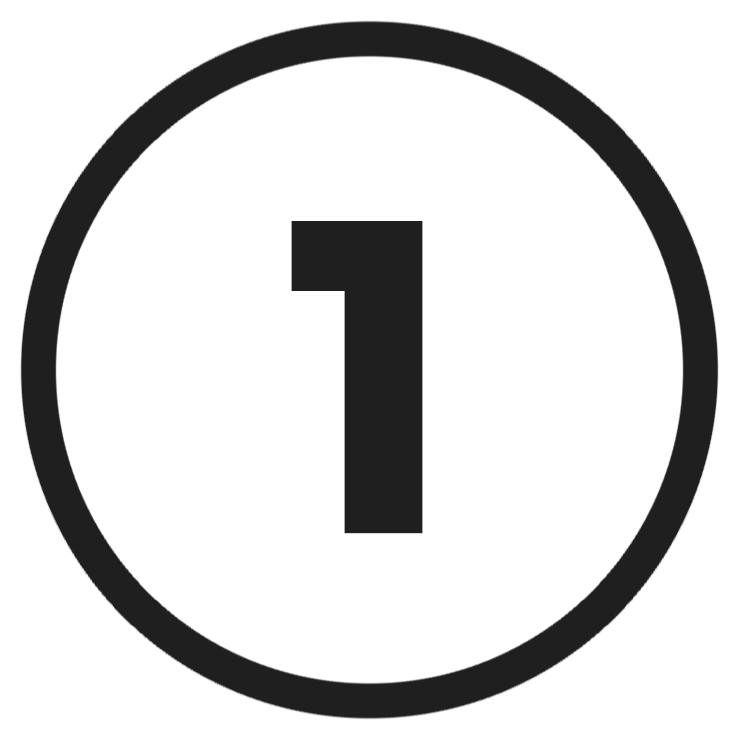
Widening technology choices through demonstration, capacity building and awareness
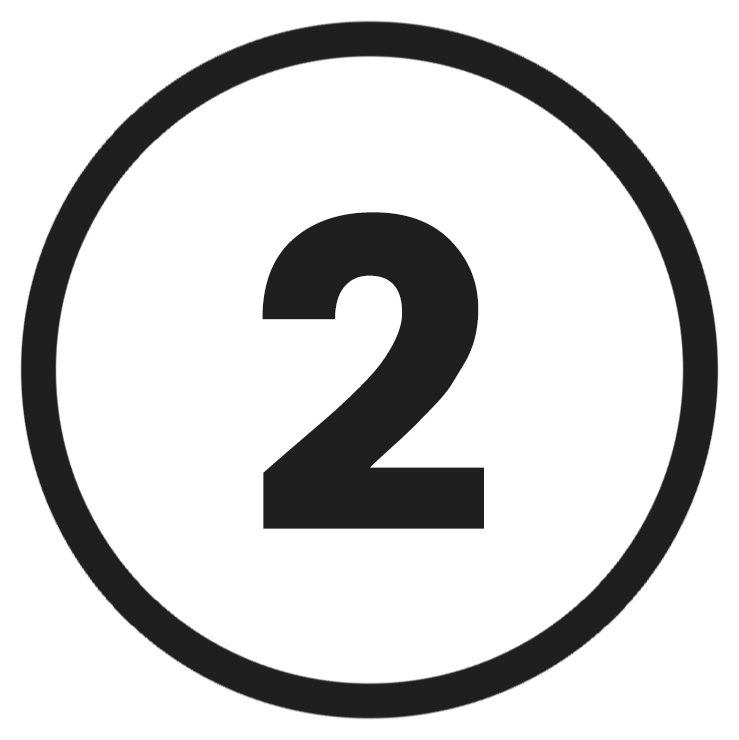
Assist African countries in establishing clear national institutional framework
The Challenge
Access to basic sanitation facilities and drinking water is a basic human need. Poor sanitation remains a major threat to countries’ progress in health, education, gender equality, and socio-economic development. Recognizing this basic need, Millennium Development Goals (MDG) target 7 C aims to halve the portion of the global population without sustainable access to basic sanitation and safe drinking-water by 2015 using 1990 as the baseline year.
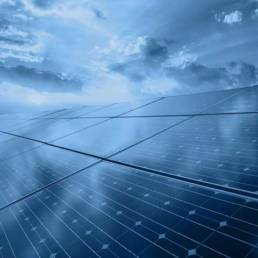
Energy strategy: Hybridization of Diesel engine
→

IFAD NDA Partnership
→
The global target on drinking-water was met in 2010. Despite this impressive accomplishment at the global level, the drinking-water target has not been met in Africa.
For that to happen the proportion of the African population using improved drinking-water sources needs to increase from 64 percent.
The progress in achieving the basic sanitation is also not promising in Africa. The continent is not expected to meet the targets for basic sanitation and safe drinking-water by 2015. Inadequate basic sanitation and hygiene, and unsafe drinking-water increase the health risk including the transmission of diarrhoeal diseases. Diarrhoea causes more than 10 percent of about 3.5 million deaths among children (less than 5 years) each year in Africa.
This situation exists despite the impressive efforts made by the governments. Proportion of African population using improved sanitation has improved from 31 percent in 2000 to 34 percent in 2011. Proportion of population using improved drinking-water sources has increased from 57 percent in 2000 to 64 percent in 2011. Despite this progress, many constraints still remain unsolved, and make the access to sanitation a living challenge for local communities and governments in Africa. Major constraints are lack of clear coordination mechanism among stakeholders at the national and regional levels, and lack of capacity, awareness and technical choices tailored to African condition.
ASCENT is a proponent of institutionalizing the Inclusive Wealth Report as a research program under the name ‘Inclusive Wealth Program’ as an integral part of the Africa Sustainability Centre.
Strategy A
Develop guidelines and design for Demonstration Projects on water, sanitation, and hygiene
Strategy B
Implementation of demonstration projects
Strategy C
Assist countries in developing National Framework for water, sanitization and hygiene
Strategy D
Build Capacity & raise Awareness for up scaling the demonstration projects on improving water, sanitation, and hygiene
SUSTAINABILITY
The Dilemma of Ghanaian Water
Water shortage in Ghana is not only a politicized issue in 2018 but underlies important social and environmental consequences.
SDG’s
The Water, Energy & Food Security Nexus for Achieving The SDGs
The nexus approach to food, water and energy sectors is holistic, with view to optimize trade-offs and synergies. Can the “nexus” place SDGs within reach?

